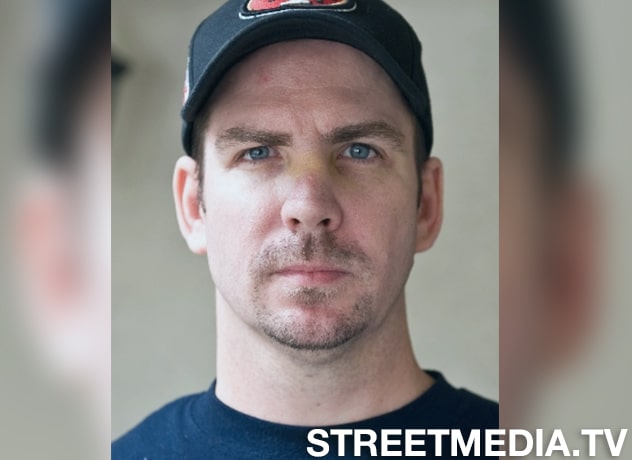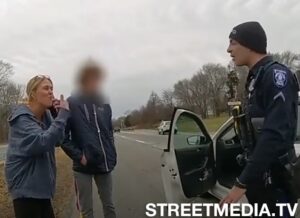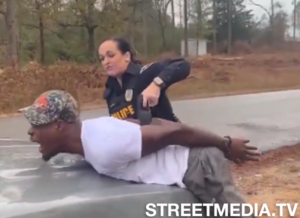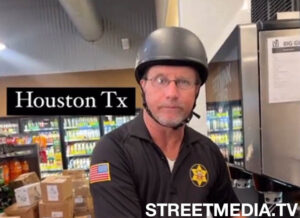Las Vegas Police Pay $100,000 For Beating Up Man Recording In Front Of His Own Home!

In recent years, incidents of police brutality have come to light through the sharing of videos captured by witnesses or victims themselves. With the rise of smartphones, people are able to document instances of abuse of power and share it with the world, bringing attention to important issues and holding those in power accountable. One such incident took place in Las Vegas, where a man recorded the police outside of his own home, leading to a court case and a settlement in the man’s favor.
In the summer of 2012, a Las Vegas resident was outside of his own home when he observed police officers conducting a search on a neighboring property. Concerned about the way the officers were treating the residents, he decided to start recording the incident on his smartphone. The man had every right to do so, as the First Amendment protects the right to record the police in a public space. However, what followed next was a violation of his rights and a demonstration of excessive force by the police.
As the man recorded the incident, one of the officers approached him and demanded that he stop recording. When the man refused, the officer grabbed his arm and twisted it behind his back, causing him to drop the phone. The officer then picked up the phone and placed the man under arrest. The man was later charged with obstruction of justice, but the charges were later dropped.
The Legal Battle: The man decided to take legal action against the Las Vegas Metropolitan Police Department and the individual officers involved in the incident. He argued that his constitutional rights had been violated and that he had been subjected to excessive force. The case went to trial, and the jury ultimately agreed with the man, awarding him $100,000 in damages.
The Implications of the Case: The incident in Las Vegas highlights the importance of protecting the rights of citizens to record the police. The act of recording the police can serve as a check against abuse of power and can provide valuable evidence in court. The outcome of the case serves as a reminder that the police are public servants, and they must respect the rights of citizens, including the right to record their actions in a public space.
However, this case also raises important questions about police training and accountability. If officers are not trained to understand the rights of citizens and how to handle situations in a professional manner, incidents of abuse of power and excessive force are likely to continue. The outcome of the case in Las Vegas is a step in the right direction, but it is essential that steps are taken to ensure that all police officers are trained to respect the rights of citizens and to act in a professional manner at all times.
Conclusion: The incident in Las Vegas serves as an important reminder of the need to protect the rights of citizens to record the police and to hold police officers accountable for their actions. While the outcome of the case is a step in the right direction, it is important that more is done to ensure that all police officers are trained to respect the rights of citizens and to act in a professional manner at all times. The act of recording the police can serve as a check against abuse of power and can provide valuable evidence in court. It is crucial that the right to record the police is protected, so that incidents of police brutality can be exposed and addressed, and so that the public can have confidence in their police force.



